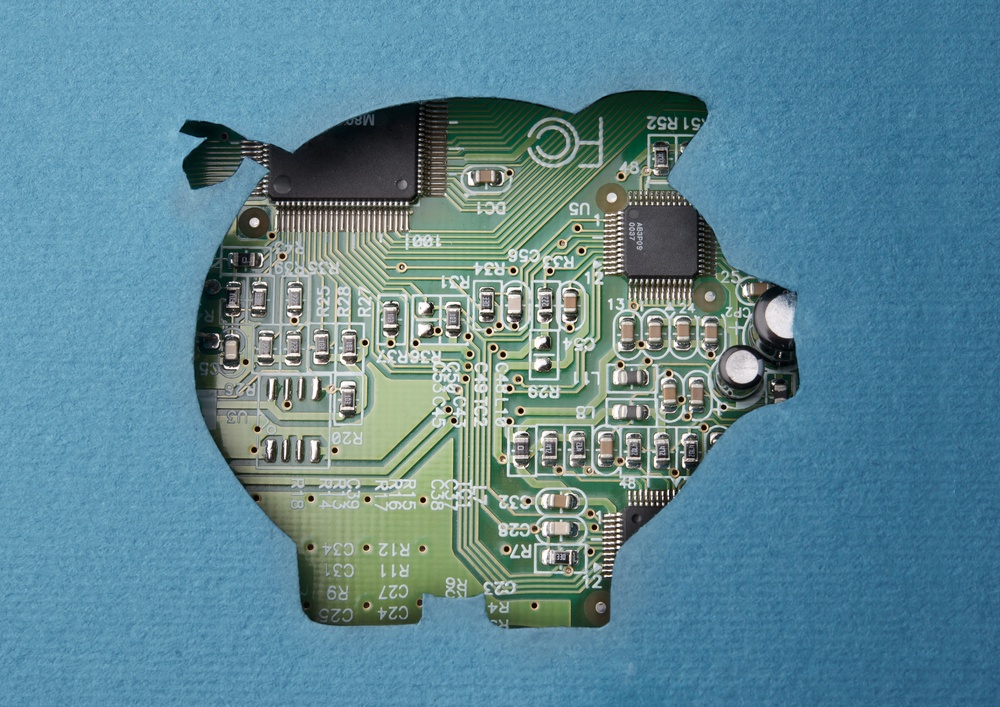Is This Group of Banks About to Snub Ripple?

A group of banks including UBS and Banco Santander may be launching their own blockchain-based settlement layer. Image from Shutterstock.
By CCN.com: According to Reuters sources, about 12 banks are investing in a blockchain ledger complete with digital cash . While it’s unclear which banks are currently participating in the $50 million project, a spokesman for Barclays told the news organization that “the Research & Development phase is coming to an end.”
R&D Phase Ending
The rarely discussed project began in 2015 with little fanfare. It supposedly involves several major banks who aim to use blockchain technology to reduce the cost of settlement and potentially offer new products.
Reuters describes a bank-backed stablecoin with a broader scope than existing stablecoins: it would inherently have whatever trust the several banks maintain associated with it.
Among the banks mentioned are UBS, Banco Santander, Bank of New York Mellon Corp, State Street Corp, Credit Suisse Group AG, Barclays PLC, HSBC Holdings Plc and Deutsche Bank AG. Reuters was unable to get confirmation from any of them as to whether they were still working on “the project.”
Utility Settlement Coin
Several of these financial institutions have disclosed their own blockchain projects and integrations. Santander is particularly notable for its previous use of Ripple, which opens the door to speculation that Ripple is involved in this project.
If that were the case, there’d be no need for secrecy, however. Ripple may see yet another group of potential clients slip away, or it may announce a massive addition of significant banks to its network. Ripple and other bank-oriented crypto projects rely on banks to not merely develop a product themselves.
Ripple’s vocal proponents believe that mass adoption of Ripple and XRP by mainstream banks is inevitable and that the price of the asset will eventually reflect this. Erstwhile Ripple Labs plugs away, adding network participants here and there and opening offices around the world.
Where’s Ripple?
JP Morgan choosing to go their own way instead of directly integrating the existing protocols developed by Ripple Labs exasperated the community so much that CEO Brad Garlinghouse once fumed that he “didn’t understand.”
Bank settlement instruments benefit from a network effect in the same way that cryptocurrencies like Bitcoin do. SWIFT is one of the primary ways that money is moved in the modern era, and it would be far less critical if major banks had never chosen to adopt it.
Blockchain settlement layers might follow the same curve. Several institutional-grade cryptocurrencies and blockchain projects are in the running, including Ripple’s various products and R3’s Corda platform, which incorporates XRP.
At present, the project is dubbed only “utility settlement coin,” and is nearly four years in the making. The recent price boom for Bitcoin and several other crypto assets may be a driving force in releasing news around the subject of blockchain. It may also spur these institutions into finally launching a product.
At the same time, it doesn’t sound like any part of this will be consumer-facing, which will come as a disappointment to many enthusiasts.